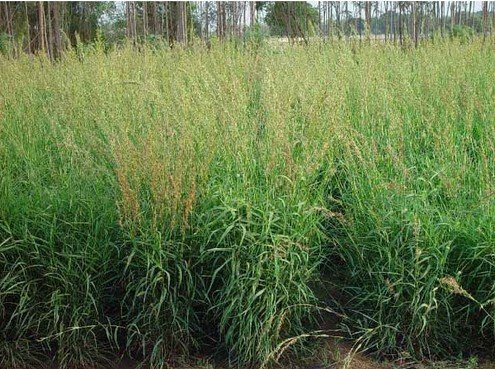


Palmarosa (Cymbopogon martini): A Versatile Aromatic Grass
Native to India and Indochina, Palmarosa is widely cultivated for its sweet, rose-like fragrance and aromatic oil. Found in wetlands across India and Nepal,it’s a valuable crop for both medicinal and commercial uses.
Medicinal Benefits
Palmarosa oil is a potent antibacterial agent, effective in treating internal bacterial infections such as colitis, urinary, and kidney issues. It promotes proper digestion by stimulating digestive juice secretion and is beneficial for skin conditions like dry skin, eczema, and psoriasis. It’s also ideal for wound care and preventing bacterial growth.
Commercial use
Rich in geranial, Palmarosa essential oil is widely used in the perfumery industry, valued for its pleasant scent and insect-repellent properties. It also serves as an antifungal and mosquito repellent, particularly in stored grains and beans. For optimal cultivation, Palmarosa thrives in nurseries with good irrigation and a soil pH of 7-8, with soil moisture above 60% during planting.
| No of Farmers | Area (in Acres) |
|---|---|
| 50 | 30 |
Palmrosa workshop at Hunsur